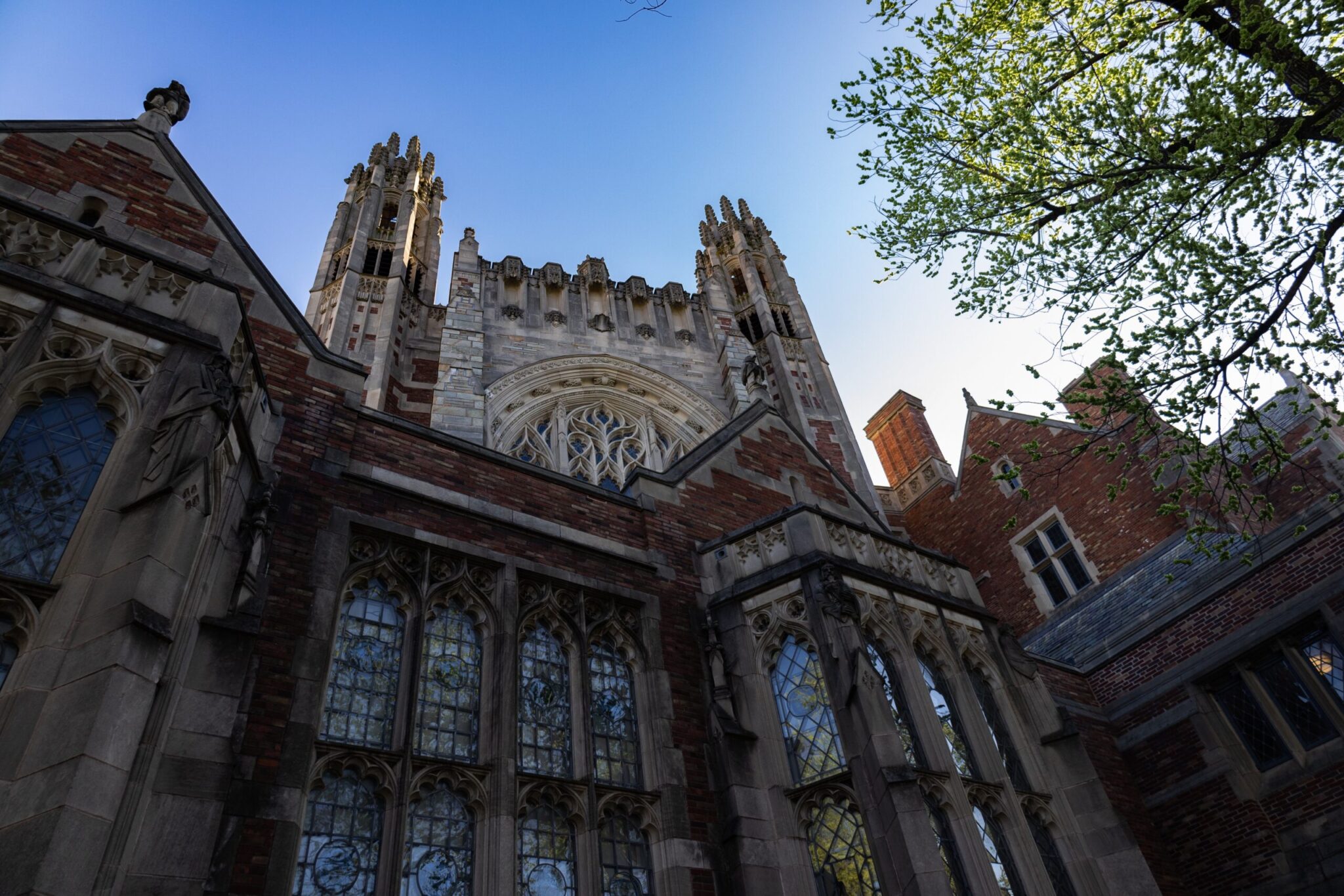
Zoe Berg, Senior Photographer
I was recently struck by a painfully obvious realization while listening to the latest episode of “Seahorse Planet 海马星球,” a Mandarin podcast. For context, I’ve always seen myself as a feminist who believed in recruiting the allyship of men to support our transition to an egalitarian society that does not discriminate based on gender and sex. In other words, an equal, nonbinary society. To the guest on that episode of “Seahorse Planet,” this take made me a liberal, rather than a radical, feminist.
The guest tossed out a challenge for so-called “liberal feminists” like me who believed in obtaining the cooperation of men to dismantle the patriarchy. She said, “If you can convince 70 percent of all men to change their last names to their mother’s, and change their children’s last names to their mother’s — then we can talk.”
I thought — this test is rather brilliant. The move to change one’s last name to one’s mother is purely symbolic. It gives up no actual power or privilege — just painless acknowledgement of the person who gave them nine months of nourishment in their bodies and brought them to the world. If we want to talk purely physiologically — as vice presidential candidate JD Vance seems to want to do — women indisputably sacrifice more of their bodies to create a child; they should at least get this acknowledgement. And no, we won’t give the first child the mother’s surname and the second child the father’s surname, because we’ve spent, what, the last 2,000 years taking only the patriarchal lineage? For fairness’ sake, let’s get 20 generations of matriarchal surnames. In the year 2424, maybe we can consider switching to hyphenation.
To add insult to injury, in Chinese, translations for “last name,” “surname” and “family name” amalgamate into a single character: 姓 (xìng). And if one separates the character into its component parts — much like one breaks down English words into Latin roots — the radical on the left side is 女 (nü), meaning woman, whereas the radical on the right side is 生 (shēng), or birth. The two radicals combine to mean “born of a woman.” The irony is that 姓 has been used to trace lineages of men throughout Chinese history is lost on so many.
So why have I kept my father’s surname for so long?
My mom didn’t change her last name until she became a naturalized American citizen. She did it begrudgingly, as Chinese women do not have the tradition of taking their husband’s last names after marriage. It was strange to her and strange to me. In other words, it was American.
But my mother’s surname is her father’s. My mother’s mother’s surname is Ding. I’ll take my grandmother’s maiden name then.
But why stop there? Why not go all the way up the family tree? Because I don’t know my grandmother’s mother’s surname. But even if I find out, I might keep Ding as my last name, since my grandmother is the earliest known, still living woman of my mother’s line who loved me.
In California, an official name change takes $435 to file in court and up to three months of processing. The entire process is expensive, bureaucratic and archaic. The process contains required steps such as purchasing an advertisement announcing your name change in a circulating newspaper, so that members of the community hold you accountable for crimes or debts committed under your previous name. As if any of us are looking in our newspapers for those name change ads. In fact, major newspapers don’t print those ads anymore, so the court designated niche newspapers to print them. These papers charge more than a hundred dollars to run just one of those ads. On top of that, I might have to appear in front of a judge to give a valid reason for changing my last name to my grandmother’s maiden name. “Imagine how much progress is impeded by literally the red tape and hassle of the system,” my partner said in response upon hearing about the process.
Patriarchy is the default setting. There’s no exception or fee waiver or expedited process for people like me wanting to change their last names to their mother’s maiden names. At the end of the day, I’m not spending $435. But I’ll change my surname on everything else to give the respect the rest of society owes to my mother and her mother. And I think you should too.
ELAINE DING is a senior in Grace Hopper College. She can be reached at elaine.yilin.cheng@yale.edu.







